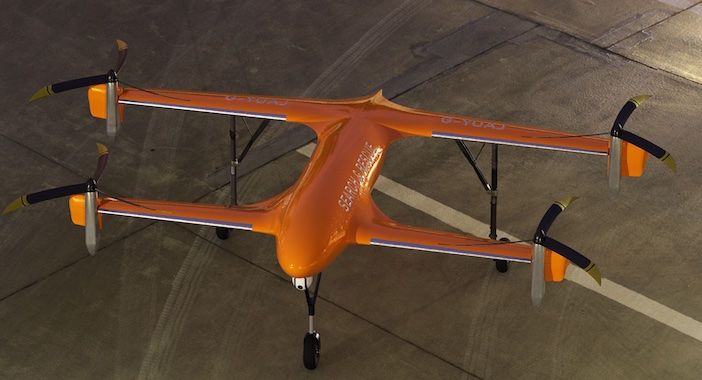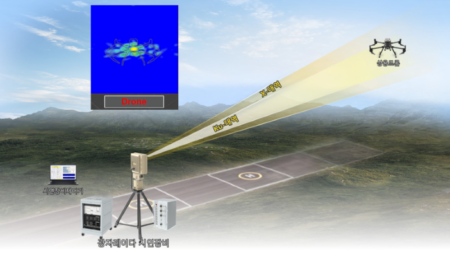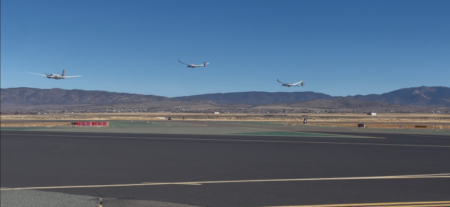GKN Aerospace has successfully ground tested a liquid hydrogen fuel system for aircraft.
The demonstrator was designed, built and tested by GKN and UK-based Filton Systems Engineering to investigate the feasibility of using a liquid hydrogen fuel source in a search and rescue drone.
The system, which is able to vaporize and condition liquid hydrogen for use in the fuel cell, integrated the tank with a distribution solution.
The performance of the fuel system was verified by coupling it with a proton exchange membrane (PEM) fuel cell stack, representative of the type that could be installed on a future zero-emission aircraft.
During testing successful storage and management of the liquid hydrogen was achieved, and the fuel cell power system was supplied with hydrogen at the required temperature and pressure over a range of electrical loads typical of a drone’s search and rescue mission.
Key outcomes of the project include the development of safe system design, manufacturing knowledge, operational knowledge for liquid hydrogen fuel systems, hydrogen fuel system test data, and an adaptable test rig suited to further study of hydrogen components and subsystems, said GKN.
The project enabled GKN to understand and address many of the safety concerns raised by the introduction of such a novel fuel.
Max Brown, vice president of technology at GKN Aerospace said, ’’We are delighted with the outcome of this project and believe we are very much at the forefront of exploring the challenges in this area.
“In a single end-end test environment the team has demonstrated fueling and storage of liquid hydrogen, conditioning and distribution of cryogenic gas, and the use of PEM fuel cells to generate electrical power.
”While the focus of this work was on a small scale platform, the achievement is highly aligned with other work we are conducting in programs such as H2GEAR, where we are delivering propulsion technologies focussed on enabling zero emissions flight.’’
The fuel system was developed and tested as part of a UK Government funded project called Safe Flight which aims to increase the endurance of unmanned search and rescue drones.





